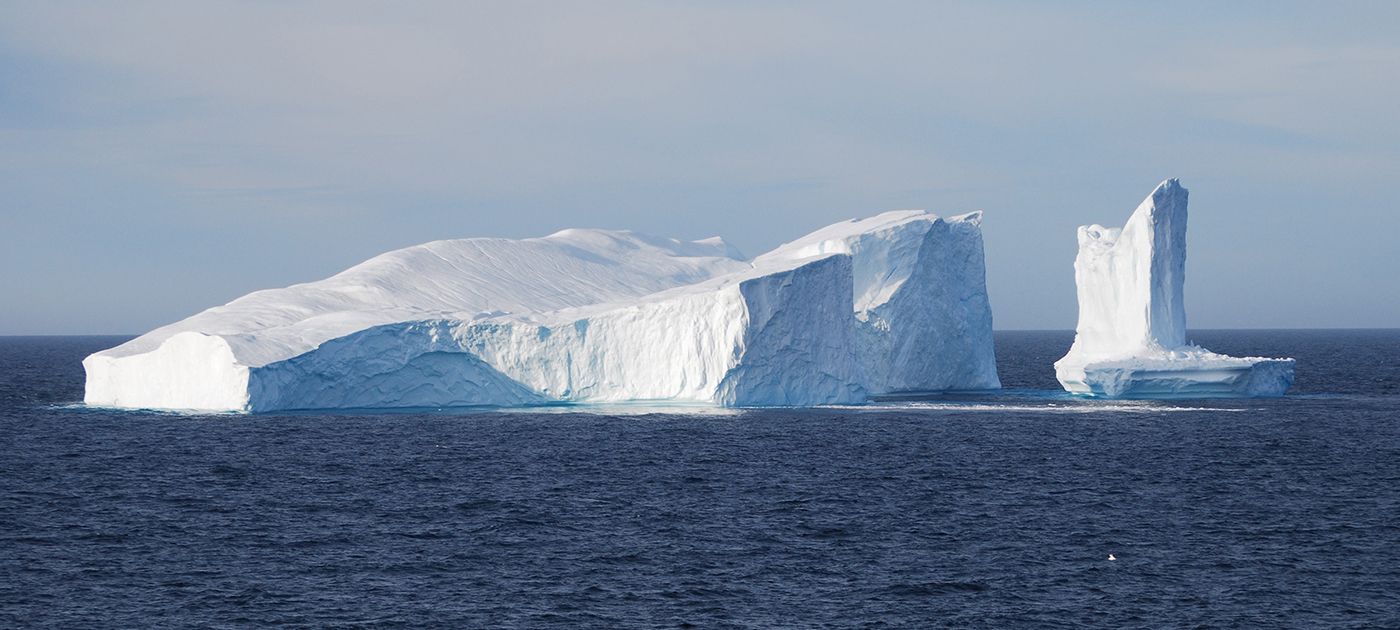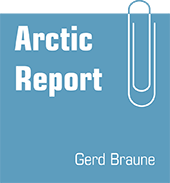Black out Speak out
Websites von Umwelt- und anderen gemeinnützigen Organisationen in Kanada waren am heutigen Montag geschwärzt. Dies geschah „zur Unterstützung von Natur und Demokratie“, wie die teilnehmenden Organisationen erklärten. Die Kampagne war durch das Haushaltsgesetz der konservativen Bundesregierung ausgelöst worden, ein so genanntes „Omnibus“- oder auch Artikelgesetz, das neben dem Haushalt eine Fülle von Gesetzesänderungen enthält, insgesamt etwa 60, davon ein erheblicher Teil im Bereich der Umweltgesetze. Wenn das Haushaltsgesetz mit all den damit verbundenen Änderungen verabschiedet wird, und daran besteht angesichts der Mehrheit im Parlament kein Zweifel, wird es nach Überzeugung der Umweltverbände zu erheblichen Änderungen im Genehmigungsverfahren für große Industrieprojekte wie Ölsandprojekte, Pipelinebau oder Bergbauprojekte führen, mit einem beschleunigten Verfahren und weniger Mitwirkungsmöglichkeiten für Umweltorganisationen. Die Umweltverbände werden immer heftiger von der Regierung attackiert. Mehr Informationen über die Kampagne erhalten Sie auf der Website www.blackoutspeakout.ca . Dies ist die Pressemitteilung, die Environmental Defence heute zu Beginn des Aktionstags veröffentlichte:
Websites of more than 500 Canadian organizations and businesses will be blacked out today, and tens of thousands of individuals are expected to send messages to party leaders in defence of nature and democracy via email and social media, as part of the nationwide Black Out Speak Out/Silence, On Parle campaign.
News conferences are being held in Ottawa, Vancouver, Montreal, Winnipeg and St. John’s today, where spokespeople representing the campaign’s founders and allies are speaking about the threats to nature and democracy posed by the current federal budget bill.
Launched May 7th by the country’s leading environmental organizations in response to the government’s concerted smear attacks on environmental charities and omnibus budget bill, C-38, the campaign has grown rapidly to include major not-for-profit and social justice organizations, trade unions, scientists, businesses and Canadian icons like author Margaret Atwood and musician Bruce Cockburn.
Support for the campaign has also spread to the United States, with several American organizations – including National Wildlife Federation, Sierra Club USA, 350.org, and Natural Resources Defense Council – also blackening their websites on June 4th.
“The darkening of web sites and the thousands of letters, blogs, tweets and other actions by landowners, businesses, First Nations, trade unions, scientists and citizens, reflect the grave concern and deep frustration Canadians feel about the direction the federal government is heading,” said Alex Neve, Secretary General, Amnesty International Canada. “Fundamental human rights such as Freedom of Expression are at stake.”
“The continued survival of B.C. icons like migratory salmon and steelhead are put at risk through this far-reaching omnibus bill. It’s bad policy and it’s bad democracy,“ stated John Fraser, Conservative fisheries minister in 1984-5. “I’m speaking out today because I’m a Conservative and nobody can pretend to be a real Conservative if they are not a conservationist.”
Over 500 groups including Oxfam, Amnesty International, the Canadian Labour Congress, faith groups, First Nations and all four opposition parties (NDP, Liberal, Green and Bloc Quebecois) are participating in Black Out Speak Out. The campaign is also supported by Canadian community leaders and cultural icons, including Nobel Prize winning scientist Dr. Andrew Weaver, Grand Chief Stewart Phillip, President of the Union of B.C. Indian Chiefs and tens of thousands of other concerned citizens.
“Today, hundreds of organizations and individuals — representing millions of citizens — are speaking out in support of two core Canadian values: the protection of nature and democratic discussion,” said scientist and activist Dr. David Suzuki. “These values are the foundation of the peace, order and good government that define our nation, yet they are threatened by the federal government’s omnibus budget bill, C-38.”
The budget bill, C-38, replaces the Canadian Environmental Assessment Act, empowers the federal government to crack down on charities, including environmental groups, that advocate for better laws and policies, overrides National Energy Board decisions, rushes projects through a weakened environmental review process to speed up approvals, and shuts citizen groups out of environmental reviews for pipelines.
“People don’t want only the most powerful, polluting voices to be heard,” said Rick Smith, Executive Director from Environmental Defence. “They value public input into risky, huge projects and want charities to protect our land, water and air. We hope the government agrees that it’s never too late to respect nature and democracy.”
The bill also includes $8 million to fund Canada Revenue Agency audits of charities, widely perceived as a move to silence advocacy and free speech on key environmental issues.
Black Out Speak Out was founded by leading environmental organizations: Canadian Association of Physicians for the Environment (CAPE), Canadian Parks and Wilderness Society (CPAWS), David Suzuki Foundation, Ecojustice, Environmental Defence, Equiterre, Greenpeace, Nature Canada, Pembina Institute, Sierra Club Canada, West Coast Environmental Law, and WWF Canada.
Die kanadische Regierung dagegen erklärt, die Gesetzesänderungen dienten dem „responsible resource development“, so lautet auch der Titel des Gesetzes, mit dem das Environmental Assessment Act geändert wird. Minister strömten am Montag aus, um in zehn Städten des Landes dieses Gesetz „for Responsible Resource Development, including jobs, growth and long-term prosperity, while maintaining the highest possible standards for protecting the environment“ zu verteidigen. Auf der website des zuständigen Ministeriums (Natural Resources Canada, http://www.nrcan.gc.ca ) erfahren Sie mehr über die Gesetzesänderungen aus Sicht der Regierung.


